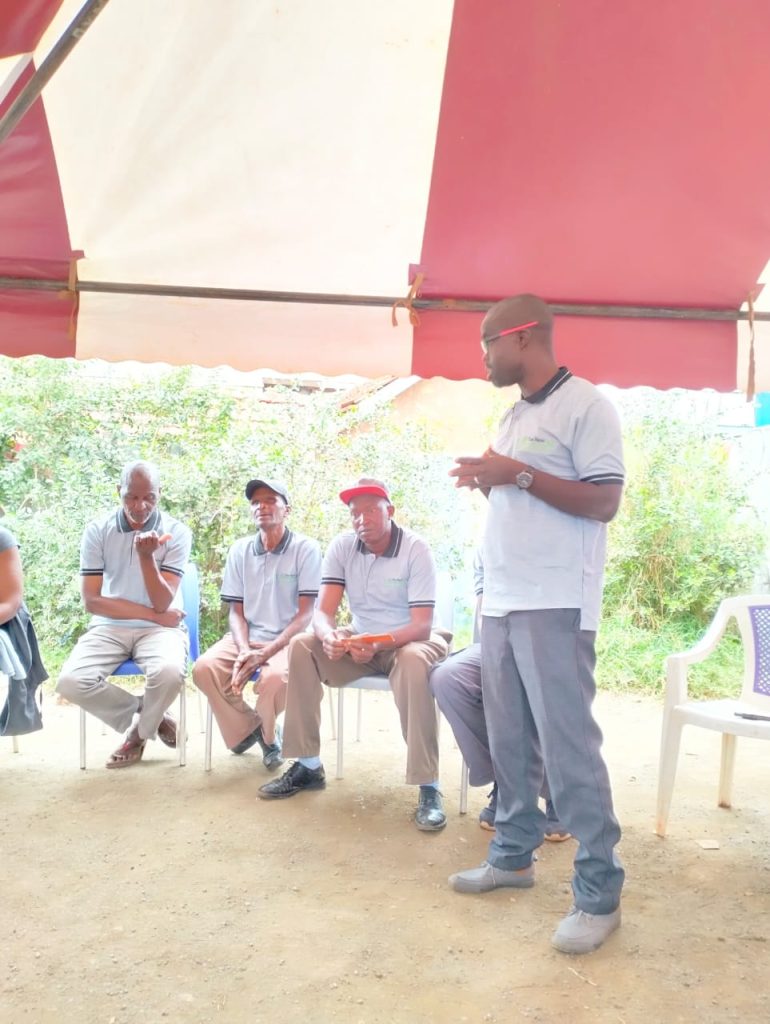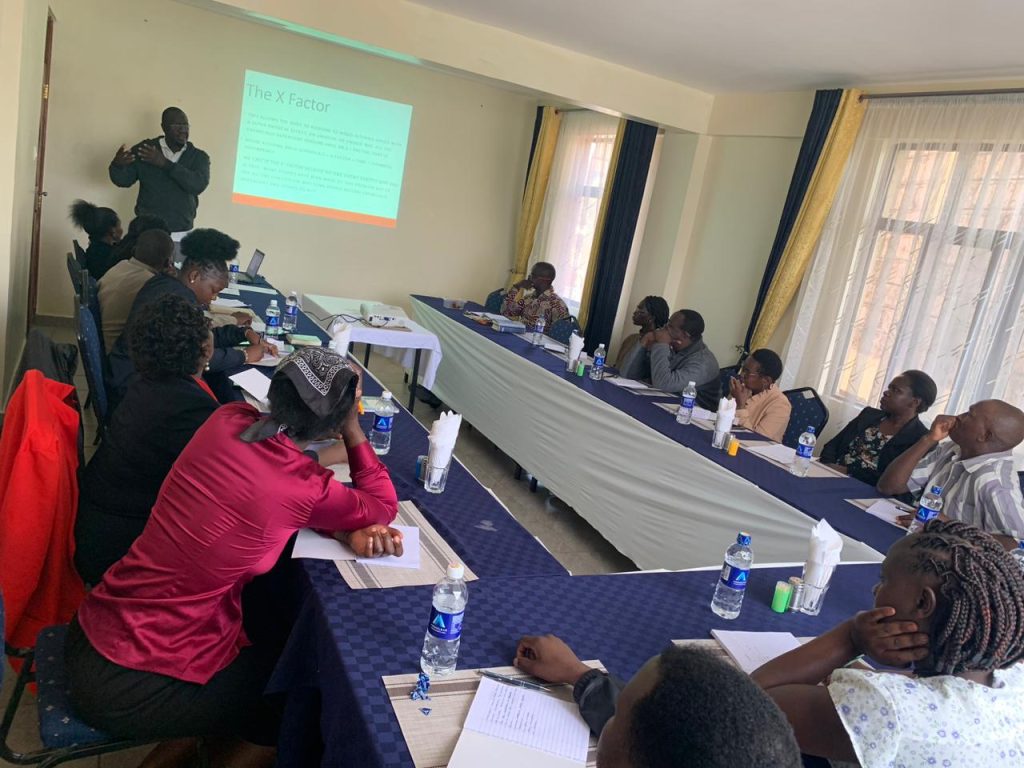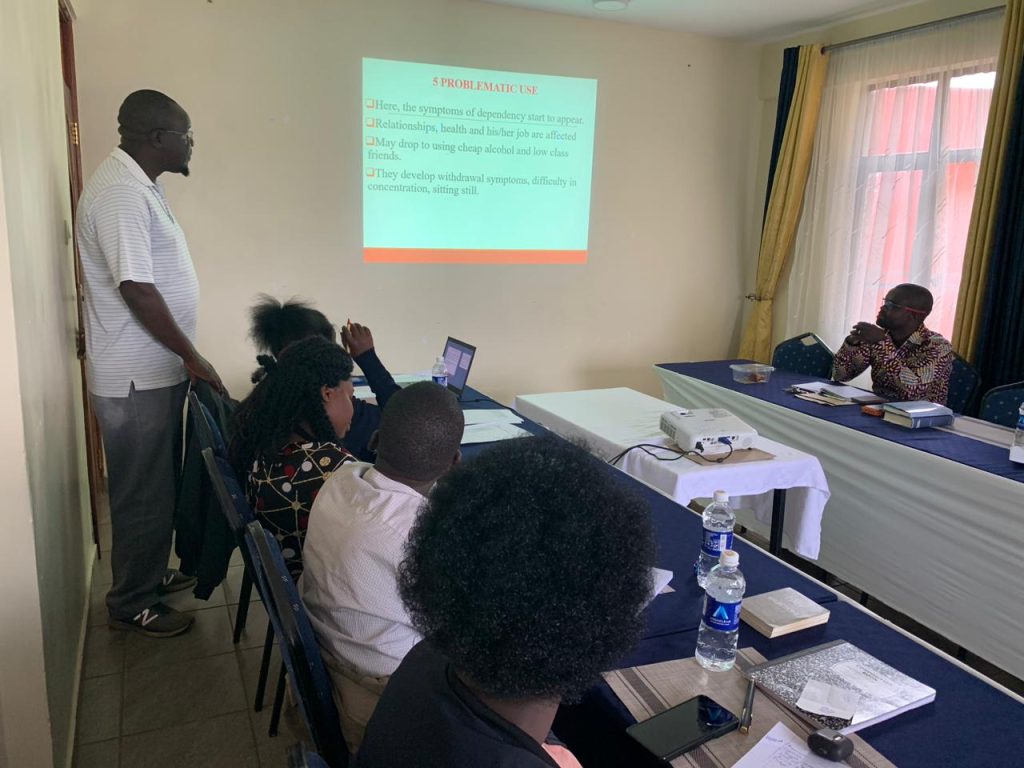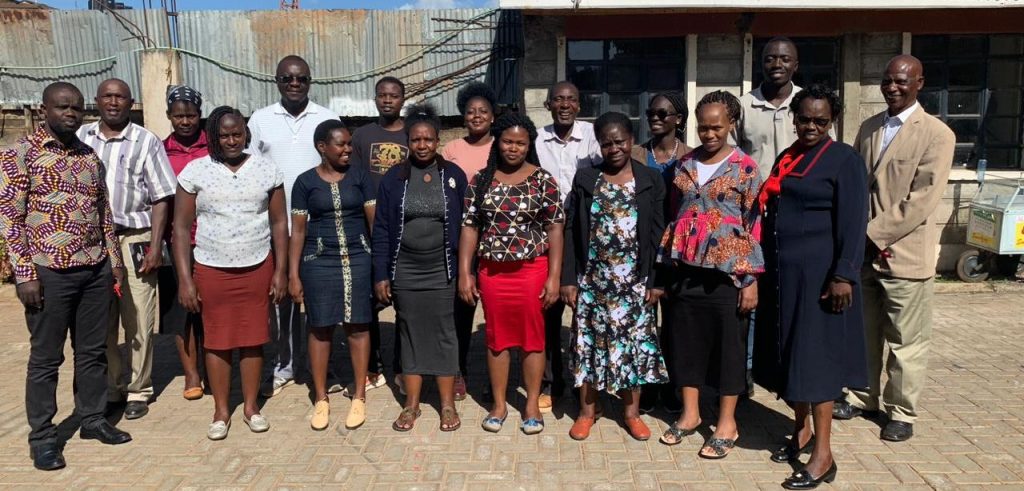THERAPEUTIC ACTIVITIES
Group Therapy: Group therapy sessions are a key component of Recovery Alive Champions
Support. These sessions provide a platform for individuals to share experiences, discuss
challenges, and receive feedback in a supportive group setting.
Individual Counseling: While the emphasis is on the community, individual counseling is also
usually provided to address specific needs and issues identified by RAC.
STRUCTURED DAILY ACTIVITIES:
Routine and Responsibility: Residents follow a structured daily routine that includes
responsibilities within the community. This always helps instill a sense of discipline and
purpose.
Work Assignments: The Addiction Counselor assigns a client’s tasks and responsibilities within
the community that contributes to a sense of ownership and accomplishment.
EDUCATION AND SKILL DEVELOPMENT:
Life Skills Training: Ngao offers weekly educational programs and workshops focusing on life
skills, coping mechanisms, and relapse prevention strategies.
Vocational Training: Ngao provides vocational training opportunities in sewing/ tailoring,
electrical, electronics & solar installations, hair beauty, plumbing that helps addiction
recoveries acquire skills that can be valuable upon reintegration into society.



